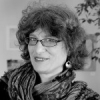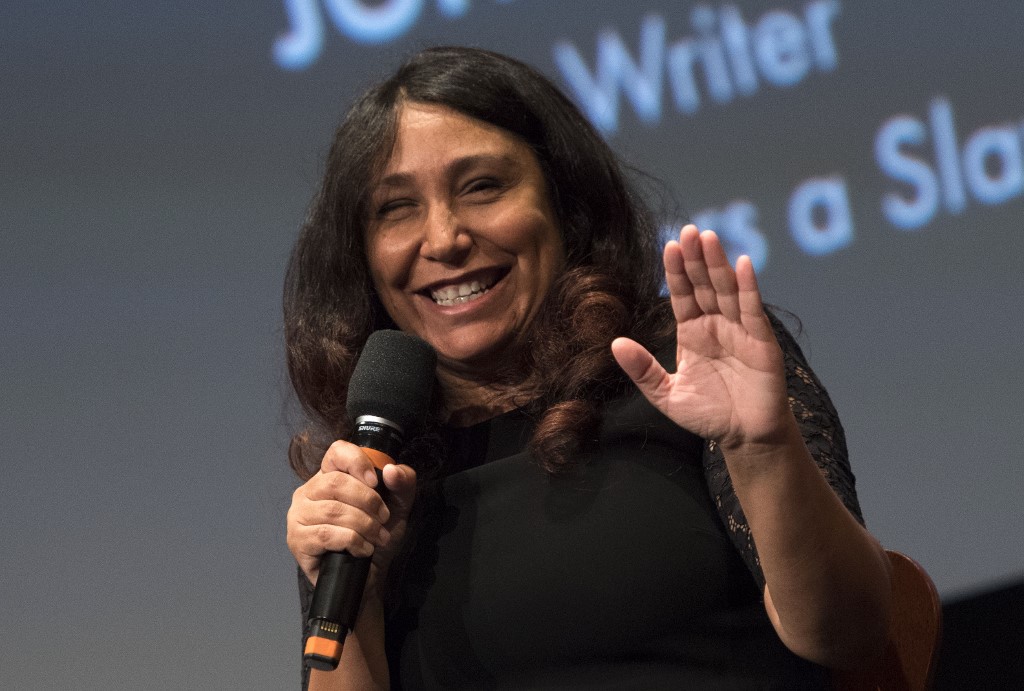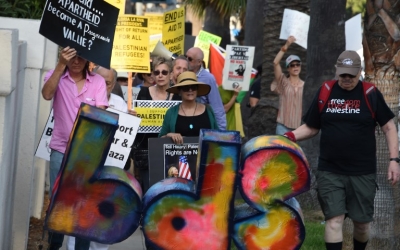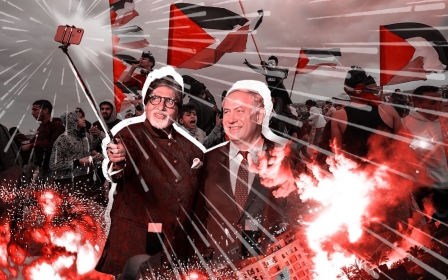#Normalisation Is Treason: Why artists must side with oppressed Palestinians
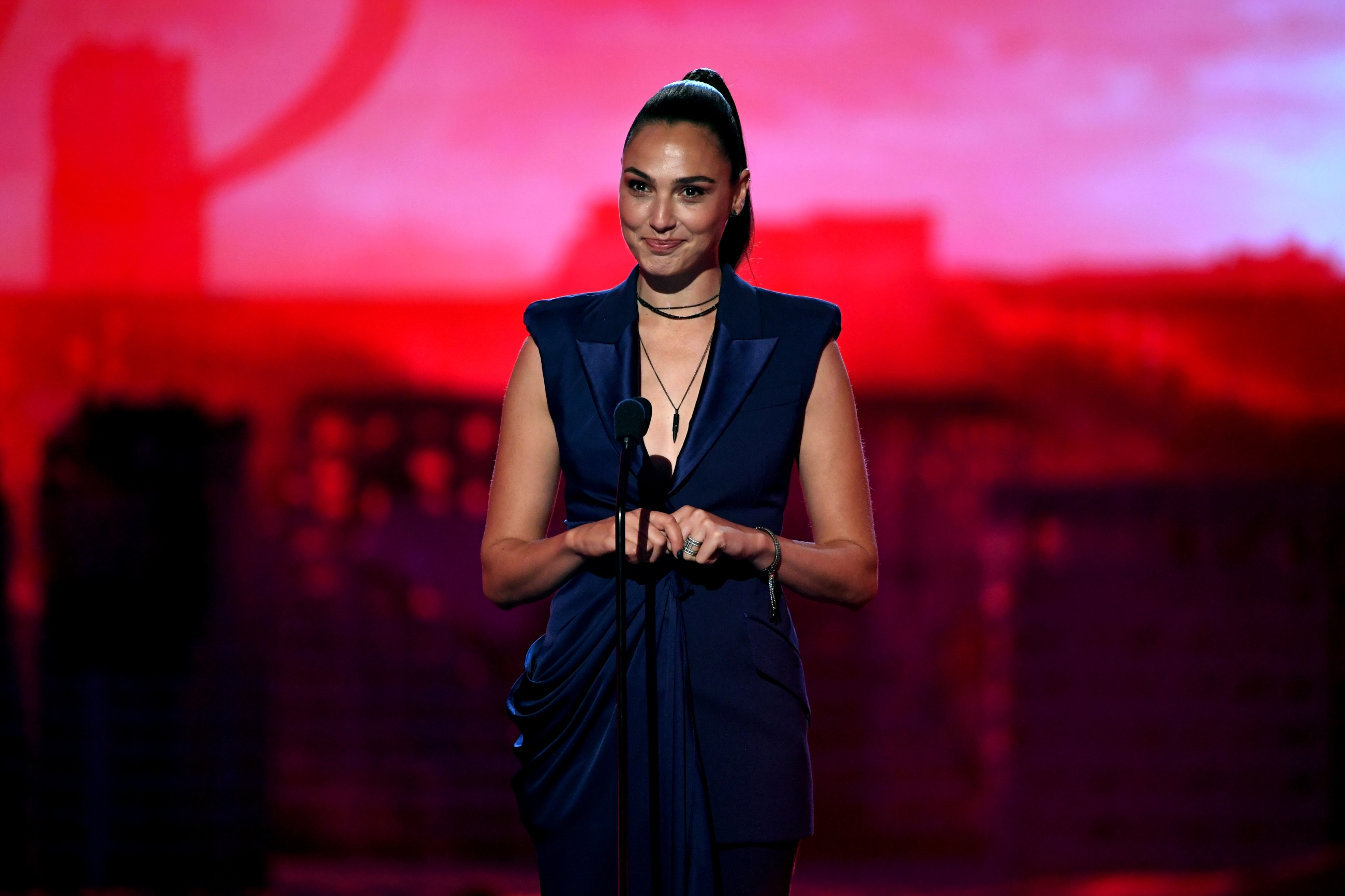
The hashtag #NormalisationIsTreason recently trended on social media, as Egyptian actor Amr Waked proudly announced that he would appear in Wonder Woman 1984, the sequel to the blockbuster starring Israeli actor Gal Gadot.
Waked, who is known for being a strong supporter of Palestinian rights, immediately faced a storm of responses from disappointed fans, many of whom criticised him harshly for accepting the role. They used the #NormalisationIsTreason hashtag, which frequently surfaces when artists cross the boycott, divestment and sanctions (BDS) picket line and perform in Israel, or collaborate with Israeli-sponsored cultural productions.
Does art transcend politics?
Like so many artists who have been approached before, Waked engaged with his fans, presenting the platitude that art transcends politics. He responded: “Art taught me to be human before anything. I work to uphold the values of humanity, truth and morals. Art taught me to stand against actions and behaviour, but not against individuals … I work on this day and night, and try hard not to cave in to extremism and hatred for any human being.”
As his fans continued with their criticism, pointing out that he was collaborating with a veteran of the Israeli occupation forces, Waked seemed a little impatient as he quipped: “They are all soldiers,” a reference to the fact that the majority of Israelis are drafted into their country’s military, where women serve for two years and men for three.
New MEE newsletter: Jerusalem Dispatch
Sign up to get the latest insights and analysis on Israel-Palestine, alongside Turkey Unpacked and other MEE newsletters
Gal Gadot, however, is not merely a young Israeli who had to serve in her country’s military
Gadot, however, is not merely a young Israeli who had to serve in her country’s military. In 2014, as Israel was conducting another of its cyclical military assaults against the besieged Gaza Strip, Gadot posted: “I am sending my love and prayers to my fellow Israeli citizens. Especially to all the boys and girls who are risking their lives protecting my country against the horrific acts conducted by Hamas, who are hiding like cowards behind women and children…We shall overcome!!! Shabbat Shalom! #weareright #freegazafromhamas #stopterror #coexistance #loveidf.”
Such posts - criticising the “horrific acts” of Hamas, rather than the massacres Israel was at that time and since carrying out against Palestinians, and insisting that “we are right” and “love” the Israeli army - simply do not indicate a forced recruit who is merely obeying orders.
Crossing the line
As the criticism failed to die down, Waked continued to engage with his followers, asking “what is normalisation?” before concluding that simply agreeing to act in a movie with an Israeli actor is not normalisation. One has to “draw the line” somewhere, he noted.
Meanwhile, Saudi filmmaker Haifaa al-Mansour has certainly crossed that “line”, as the Israeli foreign ministry itself recently announced that her latest movie, The Perfect Candidate, would be screened at the Women’s Film Festival in Jerusalem in December. Mansour is expected to fly into the city for the festival, hosted by Jerusalem Mayor Moshe Leon, among other Israeli officials.
The news is an egregious violation of the BDS call, and as Zionist media reported, “the announcement of the showing of the movie in the Jewish state is seen as demonstrating another step toward normalizing relations between Israel and Arab Gulf states”.
The Perfect Candidate is Saudi Arabia’s entry for the Best International Feature Film at the 92nd Academy Awards. A tale of women’s empowerment and individualism, it centres on a young Saudi doctor who, frustrated by her country’s patriarchal system, decides to run in municipal elections herself.
Mansour had earlier directed the award-winning Mary Shelley, a period film about the author of Frankenstein, who could be said to have invented science fiction, and prior to that, Wadjda, about a young Saudi girl who dreams of buying a bicycle and riding it in her neighborhood streets, just like the boys do.
Bolstering the oppressor
Mansour, who lives in California with her American diplomat husband and two young children, may be thinking of the feminist mantra by Virginia Woolf: “As a woman I have no country. As a woman I want no country. As a woman, my country is the whole world.”
And of course, as so many artists have done before her, and will continue to do, she has argued that art brings people together across race, religion and nationality.
But while one might fully appreciate her boundary-breaking vision - and her movies do offer solid analyses of societal restrictions and women’s disenfranchisement - what she cannot seem to comprehend is that art, in the case of Israel and collaborating with it, is not functioning in a political void.
Mansour’s appearance in Jerusalem, and the screening of her feature film there, are all part of culture-washing Israel’s encroachment on the human rights of an entire people, whose women, children and men have no country whatsoever, and are made refugees in their own land, while Mansour enjoys the privileges of a cosmopolitan life.
So long as there are boundaries placed by Israel on an oppressed people - in the form of apartheid, occupation, the denial of the right of return, and a siege bordering on genocide in Gaza - then artists must side with the oppressed, or their art will be used to bolster the oppressor.
The views expressed in this article belong to the author and do not necessarily reflect the editorial policy of Middle East Eye.
Middle East Eye delivers independent and unrivalled coverage and analysis of the Middle East, North Africa and beyond. To learn more about republishing this content and the associated fees, please fill out this form. More about MEE can be found here.


